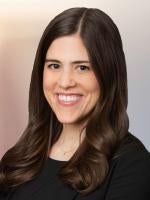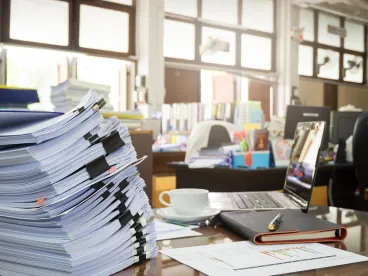Federal Rule of Evidence 702, which governs the admissibility of expert testimony, was most recently amended in 2000 in response to Daubert and its progeny. In response to concerns about misapplication, the Advisory Committee on the Federal Rules of Evidence has been considering whether Rule 702 is due for an update.
Under the current version of Rule 702, an expert’s opinion is admissible if:
-
the expert’s scientific, technical, or other specialized knowledge will help the trier of fact to understand the evidence or to determine a fact in issue;
-
the testimony is based on sufficient facts or data;
-
the testimony is the product of reliable principles and methods; and
-
the expert has reliably applied the principles and methods to the facts of the case.
One of the changes the Committee considered was an amendment to the text of the rule or a new committee note to clarify that “the admissibility requirements set forth in the rule—most especially sufficiency of basis and reliability of application—are matters that must be decided by the court a preponderance of the evidence under Rule 104(a).” Advisory Comm. on Rules of Evidence October 2019 Agenda at 3. All admissibility requirements, including those of Rule 702, must be satisfied by a preponderance of the evidence. Treating these requirements as “questions of weight” is a misapplication of Rule 702. The distinction is important because while questions of admissibility are decided by the court, questions of weight must be left to the finder of fact.
Last fall, the Committee invited a panel of federal judges and professors to speak about Daubert “best practices” with the goal of educating judges and practitioners “as an addition to (or alternative to) an amendment to Rule 702.” Id. The full transcript of the proceedings was published in the Fordham Law Review in March 2020.
One of the issues the panel addressed was how to handle expert admissibility in complex scientific cases. In these cases, Rule 702/Daubert decisions take on added importance. As Judge Chhabria, one of the panelists at the October conference, explained:
Before the expert takes the stand, the judge reads the briefs, reads the expert reports, maybe looks at some of the expert deposition testimony, and reads the actual studies that the experts are talking about and has a lot of time. The jury is sitting there in the trial, has not read the studies before the expert comes up and testifies, has not read any of the briefs, and doesn’t even get to bring the studies back into the jury room . . . . They are just shown quotes on the board that the expert wants them to see in support of this opinion that they are hearing for the first time.
Id. at 1226. In short, “it is much easier for a judge in the Daubert process to root out overstatement” and other reliability-related deficiencies “after climbing the learning curve than it is for a juror who is in the heat of trial.” Id. This also means that when courts misapply Rule 702, including by confusing questions of weight and admissibility, and admit expert testimony that should be excluded, the error is hard to correct at trial. Where the expert testimony at issue involves complex scientific matters, correction at trial is especially difficult.
During its June 2020 meeting, the Committee decided against addressing this misapplication issue through an amendment of the text of Rule 702. The Committee explained that it was “wary about changing a rule in a way that essentially says, ‘apply the rule the way it was written.’” Advisory Comm. On Rules of Evidence June 2020 Agenda at 644. Although a textual change to the rule now seems unlikely, the possibility of a new committee note that emphasizes the preponderance of the evidence standard is still on the table. The Advisory Committee will consider issues related to Rule 702 again at its next meeting in the fall.



 />i
/>i

